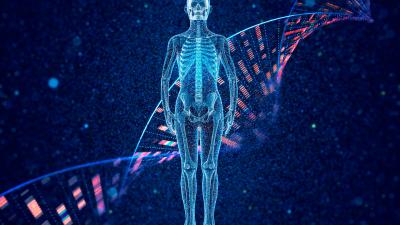3D Printing Paves Way for Advanced Tissue Fabrication

Study in a Sentence: Researchers from Carnegie Mellon University are using the Freeform Reversible Embedding of Suspended Hydrogels (FRESH) 3D bioprinting approach to create complex 3D tissue and organ models with high cell viability out of a wide range of biocompatible materials.
Healthy for Humans: 3D bioprinting is the application of 3D printing techniques to combine cells, growth factors, and biomaterials to construct human biology-based parts that imitate natural tissue characteristics, giving researchers the ability to work with more physiologically relevant models of living tissue than traditional methods that use animals or 2D cells. The FRESH technique enables complex tissue fabrication by using a support bath that holds the printed materials, or bioinks, in place until they are cured and can support a wide range of print materials and cells for advanced biofabrication.
Redefining Research: Using the FRESH method, researchers have demonstrated that large-scale 3D bioprinting of soft tissues and other complex tissue scaffolds with properties comparable to human tissues and organs is possible. This work is opening new doors for tissue engineering and has already produced several research advancements, including the printing of organ models from patient-specific medical images and the creation of beating cardiac tissue, which has a potential application in surgical training.








